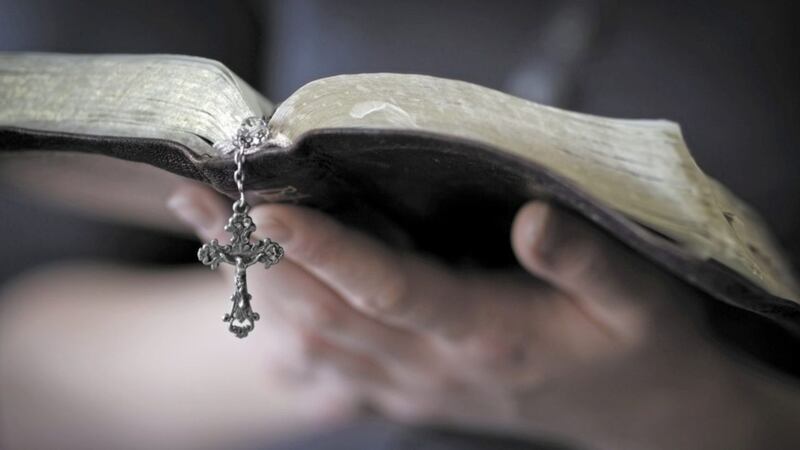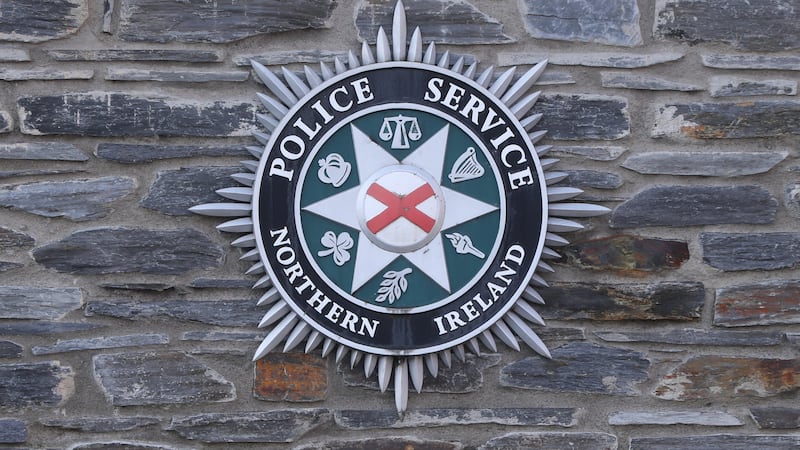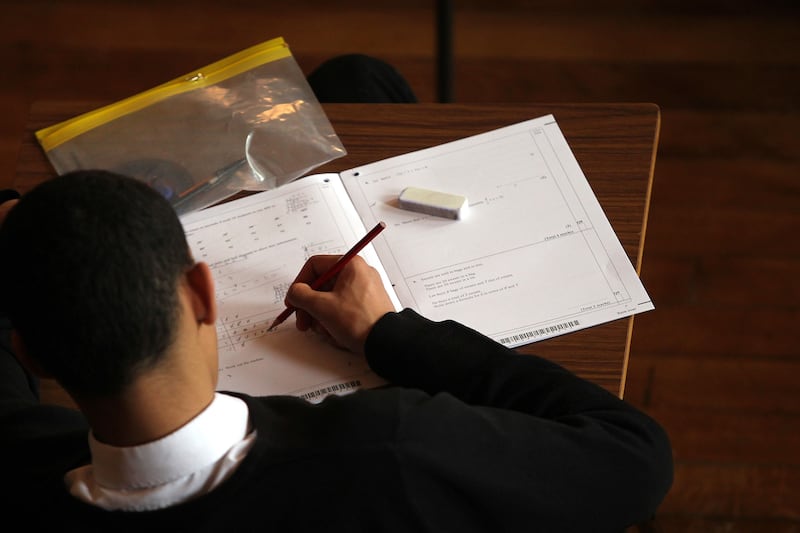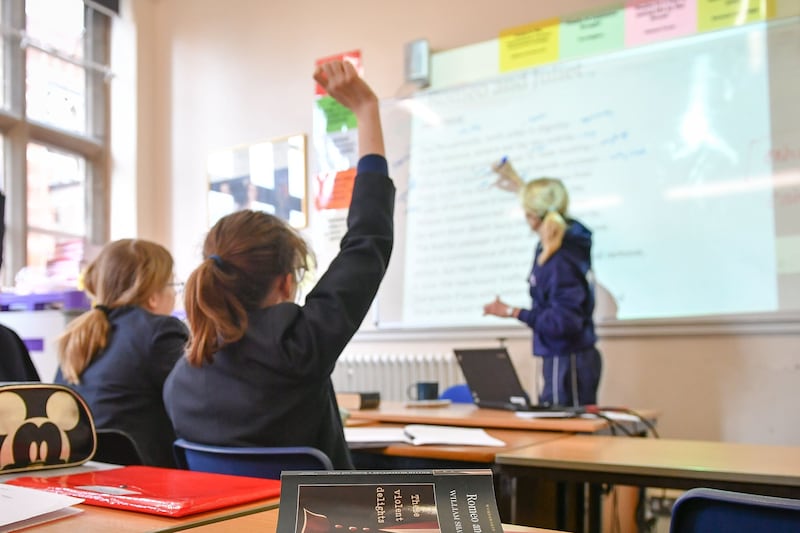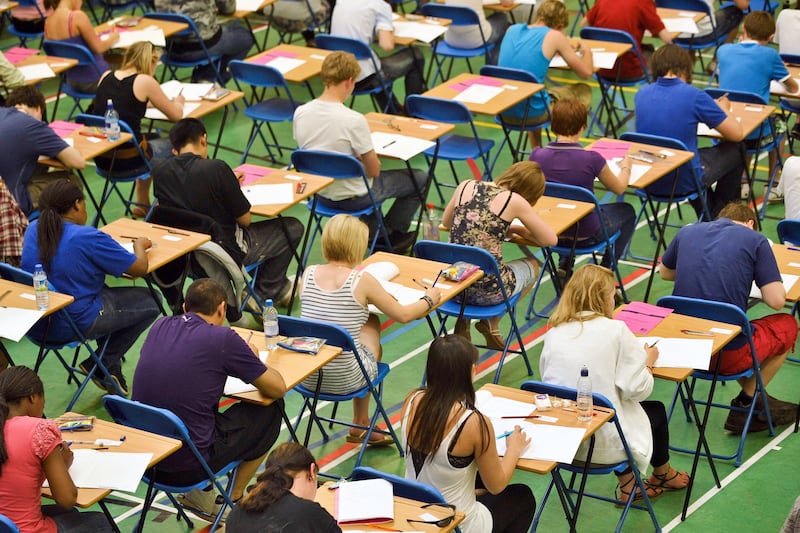FEARS that religious studies may become a "niche interest" have been raised by a report into a sizeable drop in pupils taking exams.
From 2017 to 2018, the total number of young people sitting the GCSE fell from 282,193 to 253,618 across Britain and Northern Ireland.
A report found that 701 schools in England stopped entering students into the subject altogether.
Religion remains among the most popular choices in Northern Ireland, even though there has been a slight fall in entries in recent years.
It ranks just behind the core subjects of English and maths as well as double award science. Last year, there were more than 11,000 religion entries.
Despite the recent decline, the number of entries for GCSE religious studies across the UK has actually increased in the last decade.
It has been suggested that this is because more young people are interested in exploring world views.
The more recent drop in England in mainly non-faith schools, however, is causing alarm.
The report by Dr David Lundie of Liverpool Hope University in collaboration with Dr Mi Young Ahn from UCL Institute of Education, found 95 per cent of pupils at Catholic schools took the GCSE.
At Church of England schools it was 68 per cent. Just 30 per cent of those in schools without a religious character took the qualification last year.
Religious studies, the report said, helped young people understand a range of beliefs and values.
GCSE reforms, it added, ensured that pupils study at least two religions, "so the subject has relevance far beyond faith schools".
The study also revealed a social class gap in which pupils had access to religious studies. Schools that participated in the GCSE on average had lower levels of young people on free school meals.
Deborah Weston, research officer at the National Association of Teachers of RE, said entry numbers reflected "the value that young people place on exploring and understanding the diverse range of worldviews that exist in today's society".
"These world views have never been more important, both culturally and economically, as communication and interaction between different cultures and communities expands," she said.
She added that there was concern that uptake of the subject at GCSE had dipped slightly since 2017, arguing that "this is a direct result of the previous government's policy that has led to a narrowing of the curriculum, at the expense of arts and humanities".
